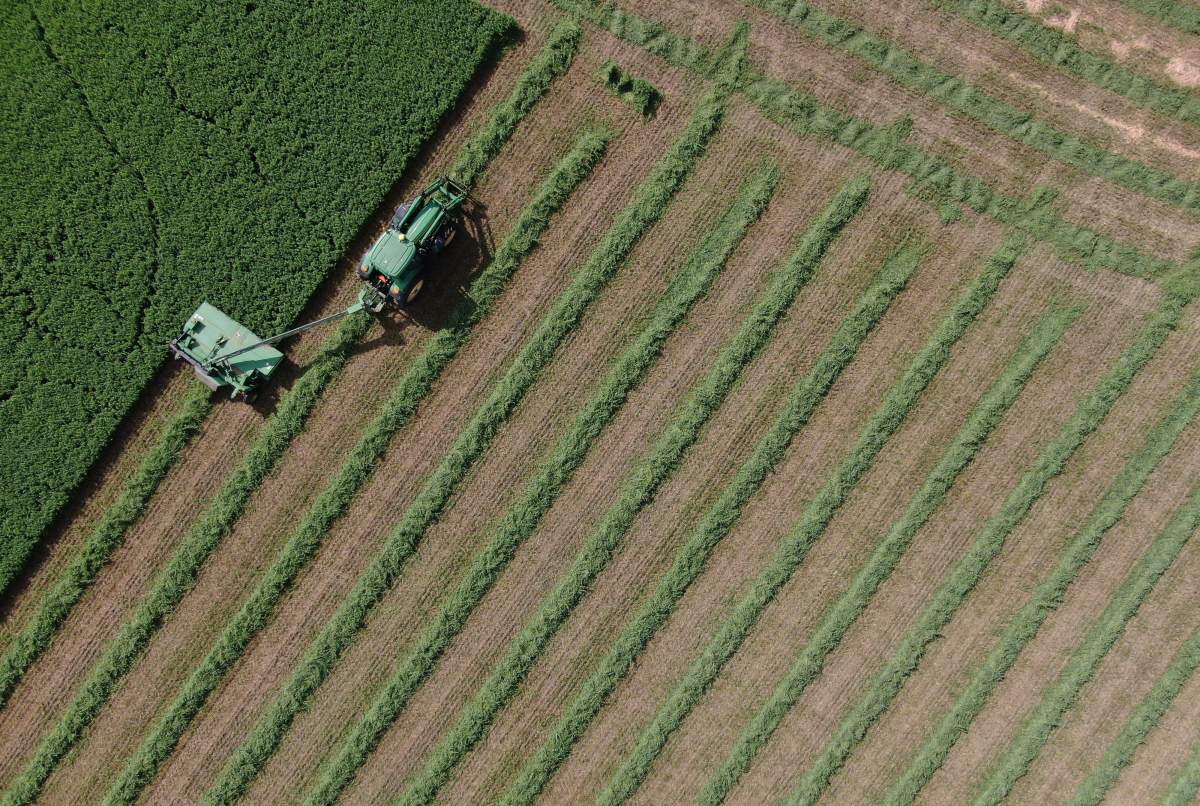A recent study from an Ontario university is suggesting the mental health of a Canadian farmer is worse than that of the general population and has been declining in the past five years.

Responses from close to 1,200 Canadian farmers to a University of Guelph 2021 survey run online between February and May found that 76 per cent of farmers said they were experiencing moderate or high perceived stress.
Dr. Andria Jones-Bitton, a professor in the Department of Population Medicine at the Ontario Veterinary College, said issues around rising fertilizer and fuel prices as well as supply chain shortages of equipment and parts were some of the specific stressors that aggravated farmers’ well-being.
“The pandemic … added new stresses such as increased costs, reduced seasonal agricultural farm workers due to travel bans in 2020, and farm processing backlogs due to workers and trucker drivers being ill with COVID-19,” said Jones-Bitton.
Survey responses that illustrated stress included, “There is no sick note for farmers. You don’t get paid if you can’t work,” while another said, “The lack of control is very frustrating – lack of control with respect to the weather, input costs and commodity prices are all very stressful.”

Get breaking National news
Larry Davis, a director from the Ontario Federation of Agriculture, says he’s not surprised by the findings, admitting the career is stressful at the best of times.
He says farmers are ‘out there by themselves most days and the workload begins when the sun comes up and quite often doesn’t end until the sun goes down.
“(The) workload is across many hours, especially during cropping seasons or calving seasons or lambing seasons, whichever one it’s going to be,” according to Davis.
“But on top of mind, in all that, are finances okay? Is this crop going to be able to be something that I can sell?”
Although generally a “very rewarding” life, Davis says today’s farmers also face a lot of scrutiny from activists questioning livestock practices to the general public expecting the food produced to be perfect.
The arrival of COVID-19 also hurt socially as neighbouring farmers were unable to get together and have discussions during the winters.
“There’s meetings for farmers to attend educational meetings … those things weren’t happening and it was very stressful for the farmers,” Davis said.
Jones-Bitton and her colleagues did a similar survey in 2015-16 which also noted higher than national average levels of stress and mental health issues in farmers.
The latest study found stress higher among women in every aspect except alcohol use.
“Off-farm” responsibilities typically added to stress among female farmers with additional roles, like household operations and being the “default parent,” according to Jones-Bitton.
“This, in addition to the pressures of farming and the pandemic, places a large burden on women farmers,” said Jones-Britton.













Comments